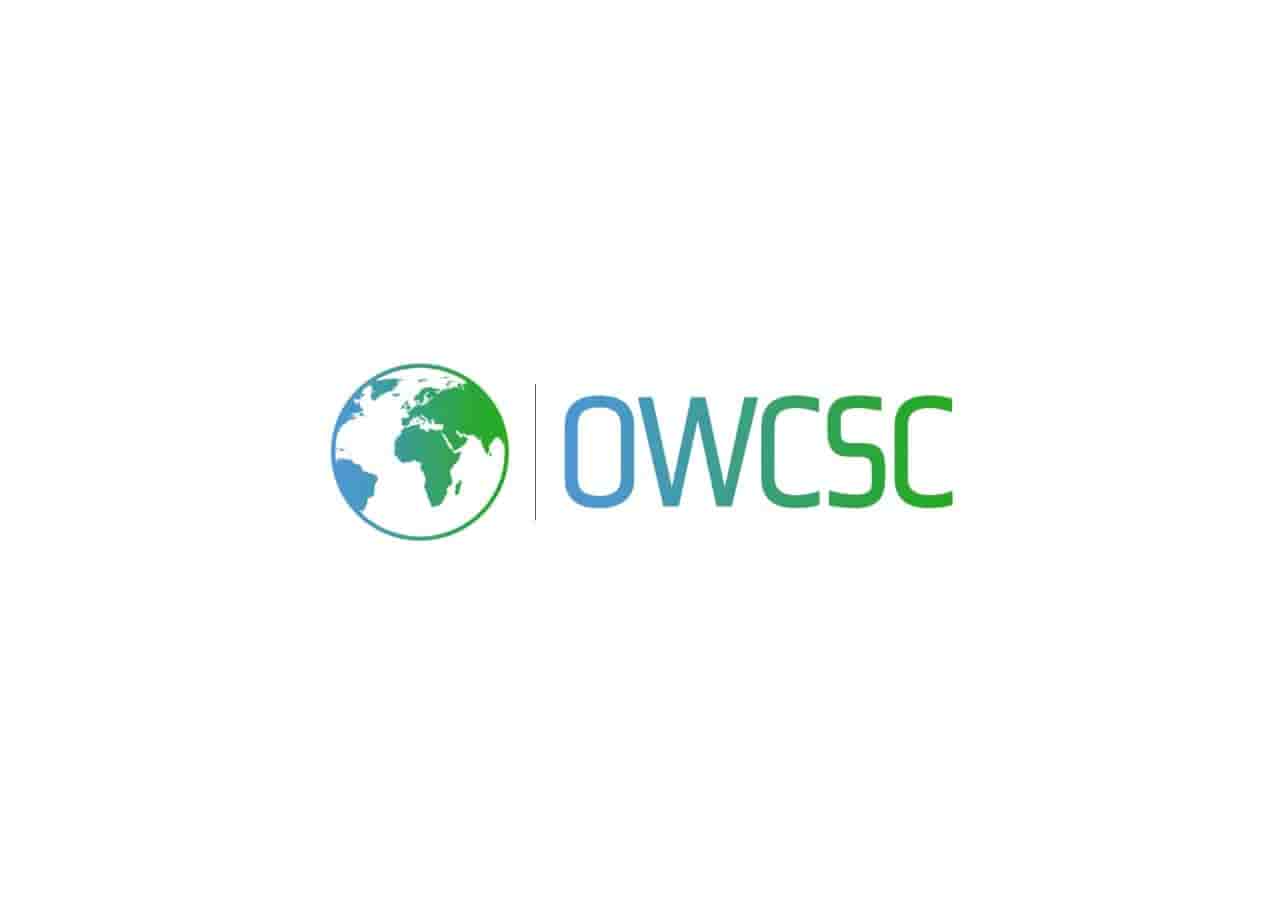After a traumatic experience, recovery is a process of healing and reconstruction. It could be bodily, psychological, emotional, or spiritual. Although it may be a protracted and difficult trip, it is possible to emerge stronger than before.
You can use this material as a roadmap to recovery. We’ll talk about the many forms of recovery, the stages of recovery, and the resources that can support you along the way.
Recovery Methods:
There are numerous varieties of recovery, each with its own special difficulties and benefits. The following are some of the most typical forms of recovery:
Bodily recovery is the process of recovering from a bodily sickness or injury. It could involve surgery, therapy, and medication.
Mental health recovery: In this sort of recovery, the goal is to overcome a mental health disorder like addiction, depression, or anxiety. It may involve treatment, medicine, and a change in lifestyle.
Emotional recovery: This process entails getting over emotional trauma brought on by things like loss, abuse, or neglect. Therapy, support groups, and self-care are among examples.
Finding meaning and purpose in life after a trying experience is a component of spiritual rehabilitation. It may involve acts of kindness, meditation, and prayer.
Various Recovery Stages
Recovery is not an exact science. It frequently goes through ups and downs in cycles. The four primary phases of recovery are as follows:
Acute:
This is the first phase of healing, during which you are still processing the trauma and shock of your event. Physical symptoms and strong emotions are present at this period.
Chronic:
Your life will change permanently during this period of recovery. Even though you may still encounter symptoms, you are improving your ability to manage them and lead a full life.
Relapse:
Relapse happens frequently during recovery. It doesn’t necessarily imply that you failed. It simply means you have to get moving again.
Recovery:
The process’s last step is recovery. Peace, healing, and wholeness are in the air right now.
Recovering Resources:
You can find a lot of materials to aid you in your recovery path. These sites can offer you assistance, knowledge, and direction.
Therapy is a terrific approach to acquire coping skills and process your experiences. You can choose the therapy that is best for you because there are numerous varieties accessible.
Support groups:
Support groups can give you a secure setting to interact with people who are experiencing similar things. They can help you out with counsel, understanding, and support.
Self-help books:
Self-help books can give you knowledge and rehabilitation techniques. They can be an excellent source of information for understanding your disease and how to manage it.
Online resources:
There are a ton of recovery-related resources online. You can get tools, support, and information from these resources to aid you on your journey.
Conclusion:
Recovery is a process, not a finish line. It is a lengthy and laborious process of healing and reconstruction. But it is possible to emerge from the experience stronger than ever. There are many services available to aid you if recovery is difficult for you. Please ask for assistance, and don’t give up.
Here are some more recovery advice:
Don’t be too hard on yourself. Healing requires time. Don’t count on getting “cured” right away.
Set attainable objectives. Try not to attempt too much too quickly. As you gain strength, steadily raise your goals from little ones at first.
Ensure your own wellbeing. Ensure that you get adequate sleep, eat well, and exercise frequently.
Create a network of allies. Spend time with supportive and kind individuals.
Ask for expert assistance if necessary. Don’t be reluctant to seek out expert assistance if you are finding it difficult to manage your recuperation.
I sincerely hope this information was useful. Keep in mind that you are not alone. Many people are concerned about you and want to support you as you work toward recovery.


No responses yet